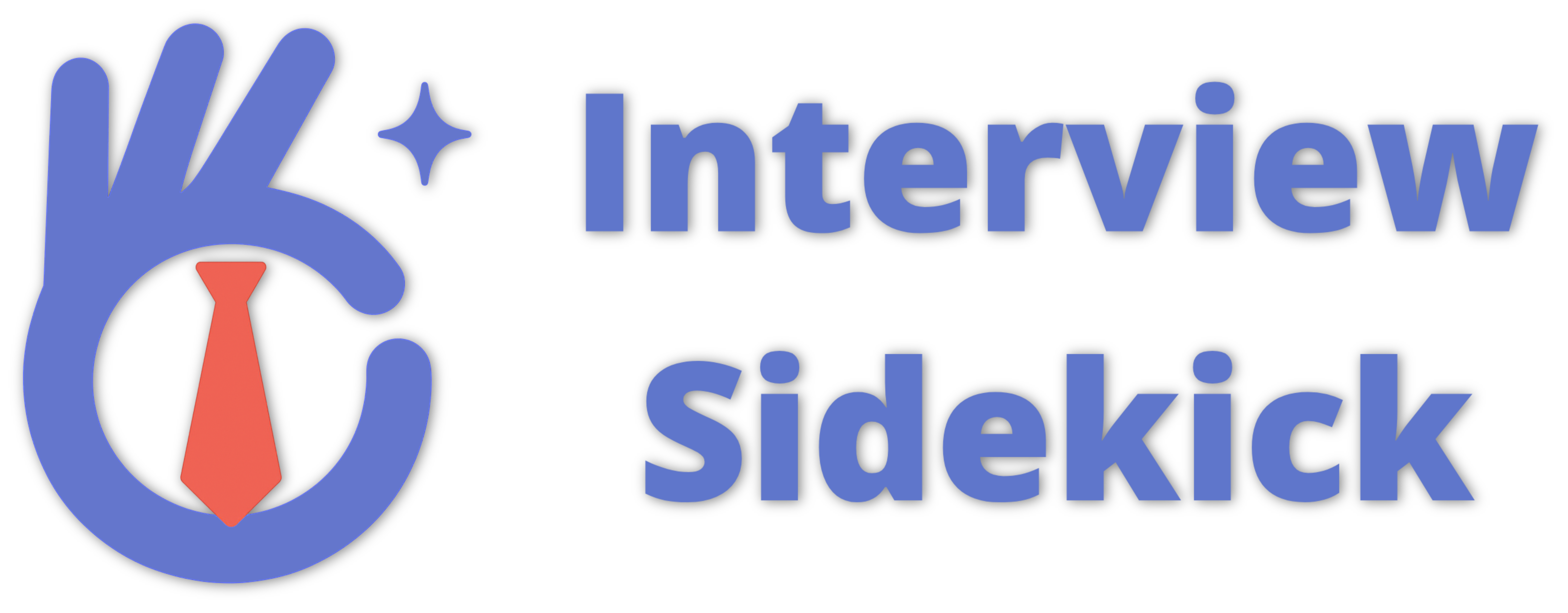Vue.js Developer Interview Preparation (Step-by-Step Guide with Tips and Examples)

Feeling overwhelmed with Vue.js concepts? You’re not alone. A structured approach will help you confidently navigate Vue fundamentals, advanced topics, and system design for a successful interview.
Overcoming Common Interview Prep Pain Points
Reactivity Confusion: Understanding Vue’s reactivity model, watchers, and computed properties.
State Management Struggles: Choosing between Vuex, Pinia, and composables for managing state.
Routing & Component Communication: Efficiently handling Vue Router and props vs. event emitters.
Performance Optimization: Improving performance with lazy loading, virtual DOM, and best practices.
Mock Interview Practice: Handling live coding and system design discussions effectively.
Your 4-Week Preparation Roadmap
A week-by-week plan to systematically master Vue.js.
Week 1: Core Vue.js Concepts
Focus: Components, directives, reactivity, and Vue lifecycle hooks.
Daily Goals:
Day 1: Learn Vue basics – templates, directives (
v-if,v-for,v-bind).Day 2: Understand Vue’s reactivity system (computed properties vs. watchers).
Day 3: Work with Vue components and props.
Day 4: Learn about event handling and
emitfor parent-child communication.Day 5: Explore Vue lifecycle hooks (
mounted,beforeUpdate,destroyed).Day 6: Implement two-way data binding using
v-model.Day 7: Build a small Vue project to practice these concepts.
Tip: Be ready to explain how Vue’s reactivity differs from React’s state management.
Week 2: State Management & Vue Router
Focus: Managing state efficiently with Vuex/Pinia and mastering Vue Router.
Daily Goals:
Day 1: Learn Vue Router fundamentals (dynamic routes, nested routes).
Day 2: Implement navigation guards and route-based lazy loading.
Day 3: Explore Vuex (mutations, actions, getters, and modules).
Day 4: Learn Pinia as a lightweight alternative to Vuex.
Day 5: Use Vue’s Composition API for state management.
Day 6: Understand API handling with
axiosand Vue’sfetchcomposition.Day 7: Create a multi-page Vue app integrating Vuex/Pinia and Vue Router.
Tip: Expect questions on when to use Vuex vs. Pinia vs. composables.
Week 3: Performance Optimization & Testing
Focus: Vue performance, lazy loading, SSR, and testing strategies.
Daily Goals:
Day 1: Learn about Vue’s virtual DOM and rendering optimization.
Day 2: Implement lazy loading with dynamic imports and code splitting.
Day 3: Optimize Vue app performance using
keep-aliveandsuspense.Day 4: Learn about Vue 3’s Teleport and Fragments for UI optimization.
Day 5: Unit test Vue components using Jest and Vue Test Utils.
Day 6: Perform end-to-end testing with Cypress.
Day 7: Debug performance issues using Vue DevTools.
Tip: Be ready to discuss Vue 3’s Composition API vs. Options API.
Week 4: System Design & Mock Interviews
Focus: Vue project architecture, system design, and behavioral interview prep.
Daily Goals:
Day 1: Study best practices for structuring Vue applications.
Day 2: Learn about design patterns in Vue (smart vs. dumb components).
Day 3: Implement global state management using Vue’s Provide/Inject API.
Day 4: Practice whiteboarding Vue system design questions.
Day 5: Solve common Vue.js coding challenges.
Day 6: Prepare for behavioral interview questions (STAR method).
Day 7: Review your portfolio and mock interview responses.
Tip: Be prepared to discuss how to design a scalable Vue app.
Bringing It All Together
Following this roadmap ensures you’re well-prepared for your Vue.js Developer interview.
Master Vue Fundamentals: Components, reactivity, and directives.
Improve State Management Skills: Pinia, Vuex, and Composition API.
Optimize for Performance: Lazy loading, Vue Router, and SSR.
Ace Your Interviews: Hands-on projects, mock interviews, and system design. Practice with interactive resources.
Start your Vue.js interview prep today and take the next step in your career!
